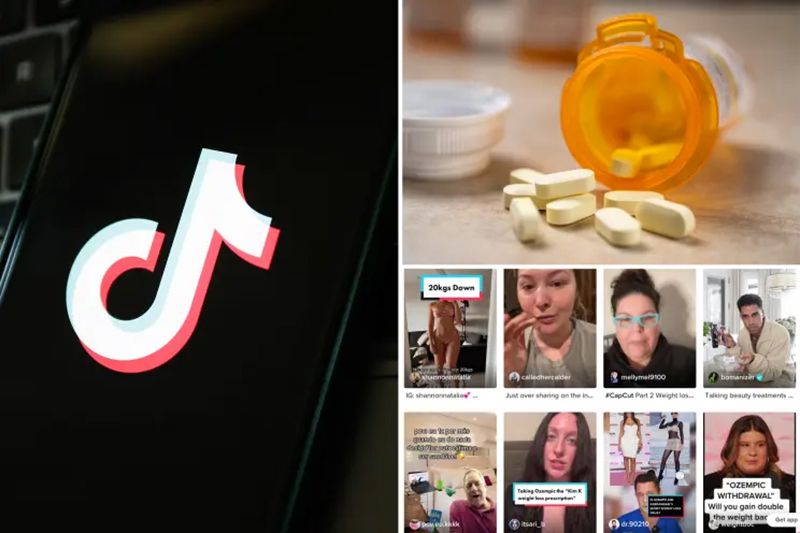Pharmaceutical companies are partnering with “patient influencers” to promote prescription medications on social media, according to a recent study from the University of Colorado in Boulder. The study, published in the Journal of Medical Internet Research, involved interviews with 26 patient influencers who regularly use social media to discuss health and collaborate with brands. All of the participants had chronic medical conditions, including lupus, fibromyalgia, Parkinson’s disease, asthma, HIV, celiac disease, chronic migraines, and perimenopause. The study revealed that some influencers had been paid to promote medications, although the exact number is unclear. While sponsored influencers must label their posts as ads, most have a smaller following, between 1,000 and 40,000 followers, which makes tracking compliance challenging.

Getty Images/Tetra images RF
Willis also expressed concern over consumers not being able to differentiate between personal experiences and paid sponsorships. “Health literacy and digital literacy are both concerningly low in this country,” she said. “The fact that patients with no medical training are broadly sharing drug information should alarm us.”
“The fact that patients with no medical training are broadly sharing drug information should alarm us.” stated Willis.
However, the study’s authors were encouraged by the participants’ genuine intentions. Many of them got involved in medical advocacy because they wanted to help others who were experiencing the same issues they had when first diagnosed.
“I created the website blackdiabeticinfo.com because I spent a lot of time looking for diabetes information that related to me, an African American woman from the South … and I didn’t find much,” said one participant. “So in 2012, I wanted to see an African American that had diabetes that was smiling. … I did not see what I needed, so I created it.”
The study also pointed out that the $6.58 billion spent on direct-to-consumer advertising in 2020, which is legal only in the U.S. and New Zealand, makes it likely that paying patient influencers will continue. Additionally, about half of consumers who request a medication after seeing an ad for it end up getting a prescription from their doctor. The study emphasized the ethical concerns surrounding patient influencers, which is a similar issue to that posed by other DTC ads that became popular in the early 1980s and requires further investigation.



